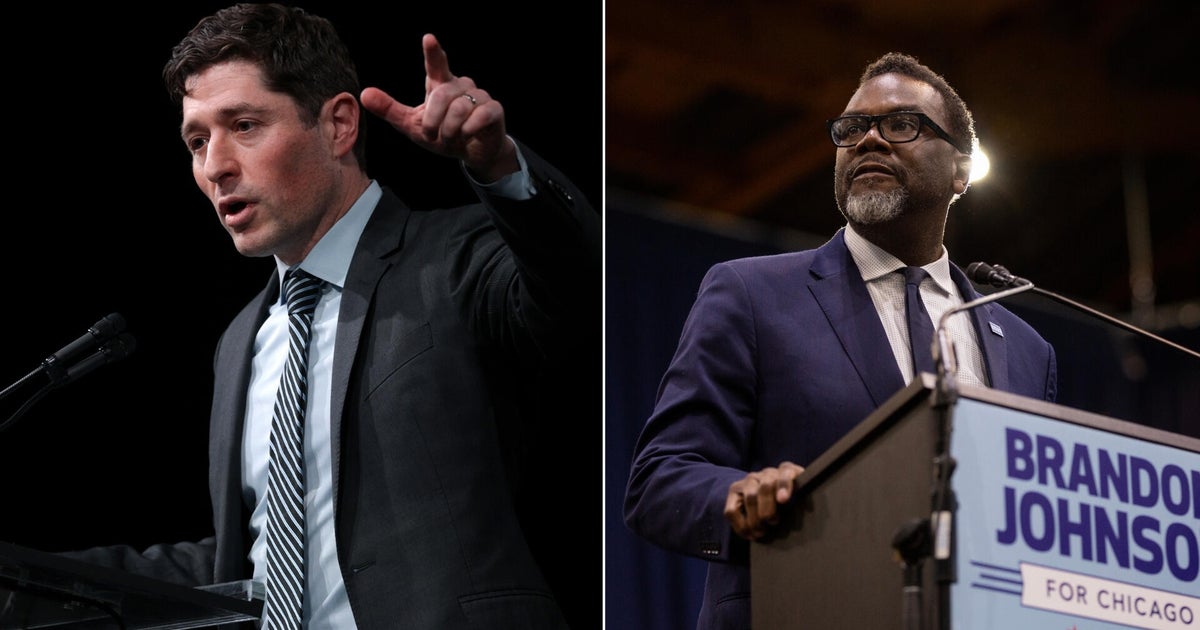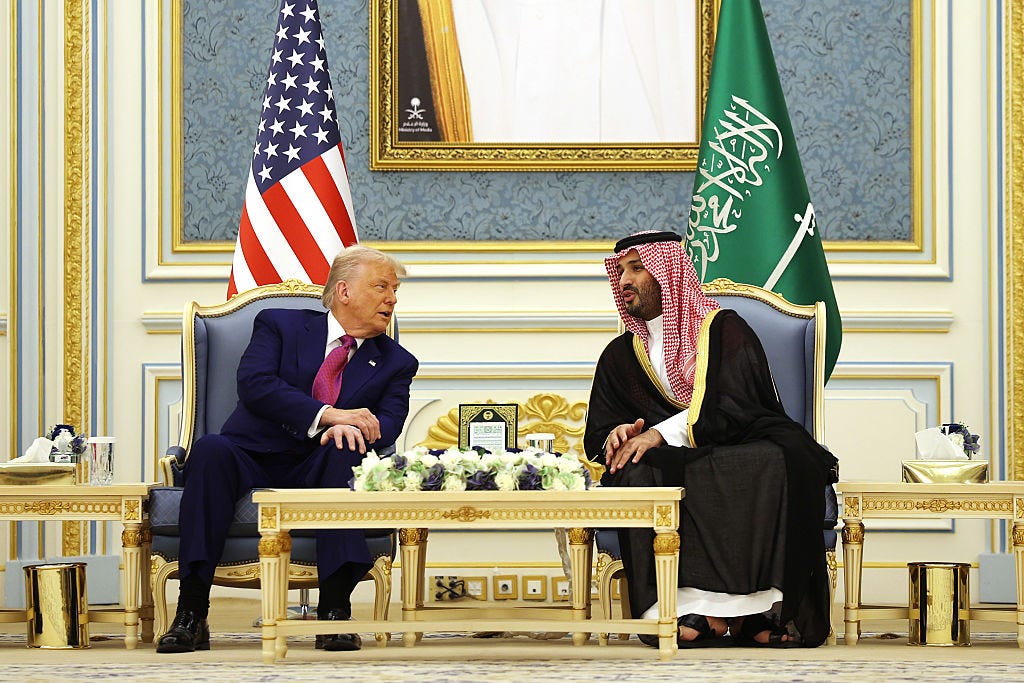What's driving Saudi Arabia's rapidly escalating feud with Canada?
Saudi Arabia is hitting back at Canada after Canadian diplomats called on the kingdom to release recently detained women's rights activists. Saudi Arabia responded to the criticism with an array of sanctions that included suspending flights to Canada, expelling the Canadian ambassador, freezing all business between the two countries and terminating its student exchange program.
Alex Kliment, a CBSN contributor who writes for Signal, a newsletter from GZERO Media, told CBSN's Anne-Marie Green the diplomatic dispute may be part of Saudi Arabian Crown Prince Mohammed bin Salman's push to create what Kliment called an "enlightened dictatorship" in what's considered one of the world's most conservative societies.
"I think they're being sensitive for a very important reason. Crown Prince Mohammad bin Salman is trying to pull off a very delicate process in which he liberalizes some aspects of Saudi society, which is extremely conservative, but also retains virtually absolute power over that society," Kliment said.
The dispute appears to have been sparked by tweets from Canadian diplomats, including one from Canadian Foreign Minister Chrystia Freeland, who said she was "very alarmed" by news of the arrest of Samar Badawi, the sister of prominent activist and writer Raif Badawi. Raif Badawi was arrested in 2012 for running a blog that promoted free speech and women's rights in Saudi Arabia.
"So what he's doing is basically sending a message saying, we're not going to tolerate any outside criticism of our human rights record, right? And by hitting Canada — which is big enough to matter but small enough not to be a risk to Saudi — he sends a message elsewhere," Kliment said.
Kliment added that the crown prince is likely trying to take advantage of President Trump's focus on Iran and his apparent disinterest in human rights issues. At this year's G7 summit, Mr. Trump also criticized Canadian Prime Minister Justin Trudeau, accusing him of making "false statements" about trade.
"I think it's also important to note that there's a bit of a Trump effect here, right? You know, the U.S. government has never been particularly committed to changing the human rights situation in Saudi Arabia. It's a key ally. It supplies lots of oil, regional ally, strategic ally. So the U.S. has never pushed particularly hard," Kliment said. "But with Trump in office, Mohammed bin Salman knows he has a U.S. president who is particularly uninterested in questions of human rights, cares more about the fight with Iran, has given Mohammed bin Salman wide leeway to really do as he pleases. So the Saudis know they have cover."



